|
A great article about the range of Antarctic orca:
http://www.scoop.co.nz/stories/SC1506/S00111/antarctic-orcas-are-south-pacific-commuters.htm
0 Comments
A fantastic blog from Seawatch Foundation's new Orca Watch coordinator Anna Jemmett about our trip earlier in the year to watch orca off the Caithness coast in Scotland:
https://zooliblog.wordpress.com/2015/06/23/orca-watch-2015/ An update from the Orca Network about the campaign for captive Southern resident orca Lolita's freedom: "The headline sounds like it's over and Lolita has no chance of coming home now, but this case against the USDA is part of a larger strategy. It would have helped to have won it of course, but the court in effect admitted that the operation of the whale tank at the Seaquarium violates several provisions of the Animal Welfare Act, but ruled that the USDA has discretion to ignore that fact. Now comes the next case, which is a suit against the Seaquarium itself, for violations of the Endangered Species Act. The 60-day notice of intent to sue was filed May 11, the day she became listed under the ESA, so we can expect that case to begin about July 10, with the tacit admission by the court that the tank violates provisions of the USDA intended to prevent harming her, which is expressly prohibited under the ESA. There may be other developments too. It's not over."
Read more: http://uk.whales.org/news/2015/06/lolita-to-remain-in-captivity-after-court-ruling This article, featuring Southern resident orca researcher Ken Balcomb, looks at one of the biggest conservation threats for this already dwindling orca population:
http://voices.nationalgeographic.com/2015/06/15/breach-the-snake-river-dams/ It has been five years today since the capture and confinement of Norwegian female orca Morgan. She was supposed to be rehabilitated and released back to the wild, yet still resides in captivity making money for a theme park in Tenerife, Spain. The Free Morgan Foundation are still working hard to secure Morgan a chance to be returned to her natural habitat. Please consider supporting their efforts with a small donation.
More information: https://www.facebook.com/freemorgan.org/photos/a.137415246366138.29319.137410949699901/821501221290867/?&theater Whale and Dolphin Conservation has posted a tribute to captive Icelandic orca Freya who has died at Marineland Antibes in France: http://uk.whales.org/news/2015/06/captive-orca-dies-at-marineland-in-antibes-france
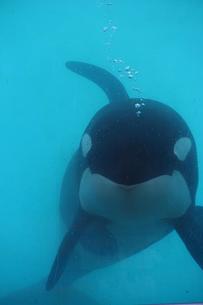 Freya at Marineland Antibes Freya at Marineland Antibes Sad news has been released today from Marineland Antibes in France: Captive orca Freya has died following "a long illness". The post announced (translated using Google Translate) that "After more than 32 years with [her] trainers and [her] group of orcas, the matriarch leaves today Wikie, Inouk, Valentin, Moana and Keijo all born the Park. The team [of] trainers, veterinarians and experts have devoted their efforts for several months to [help her] heal. They made sure she had no pain and in that time, Freya stayed with [her] social group. Analyses will be performed by a veterinary expert team, to know the cause of death. The findings will be published." Freya was captured from Icelandic waters in 1982 at around 1 year of age and has been held in captivity ever since. Scientific research has estimated that, in the wild, female orca have an average lifespan of 50.2 years and can live as long as 80-90 years, possibly even longer. In captivity, orca life-expectancy is greatly reduced, with an overall median survival estimate of just 6.1 years. Freya died at around 32-33 years of age. Freya's dorsal fin was partially collapsed and she had a white, round scar on her left-hand side that was a result of human action. During her time in captivity, Freya had four stillbirths. Her only surviving calf is a male named Valentin, born 1996, who still resides at Marineland Antibes. In the wild, male orca survival has been linked with the survival of their mothers. Freya was the oldest member and matriarch of the Marineland Antibes orca. Freya was one of seven wild-caught Icelandic orca still alive in captivity, leaving only six remaining. She is now one of 48 wild-caught Icelandic individuals who have died in captivity. Click on the image to enlarge - all photos © Orca Aware Former SeaWorld & Marineland Antibes trainer John Hargrove talks about his time working with Freya in France From the Orca Network: "Nice informative piece by the News Tribune on the recent incidents of orca and watercraft interactions in south Puget Sound. Our goal is to help people connect with and watch whales responsibly, and to learn about their culture and needs. We believe this fosters a greater awareness and motivation to protect the orcas and their habitat. When we withhold real time sightings, people on the water still find and/or just happen upon the orcas. A key piece here is to keep educating those on the water of the regulations and why it matters. We would like to continue offering a place for people to share sightings, promote land based viewing and assist people to see and have more eyes on the whales. It is in everyone’s best interest to be a part of a solution that works and keeps the whales safe and healthy while people continue to enjoy their time on the water."
Read more: http://www.thenewstribune.com/news/local/article26337208.html The second part blog from Whale and Dolphin Conservation's Rob Lott about the UK's Orca Watch Week in Caithness, Scotland: http://uk.whales.org/blog/2015/06/orca-watch-in-scotland-results-are-in
Another NatGeo article about orca - this time looking at how the Norwegian orca work together to hunt:
http://ngm.nationalgeographic.com/2015/07/orca-feeding/morell-text?utm_source=Facebook&utm_medium=Social&utm_content=link_fbp20150608ngm-wildorcas&utm_campaign=Content&sf9827536=1 |
Archives
January 2017
|

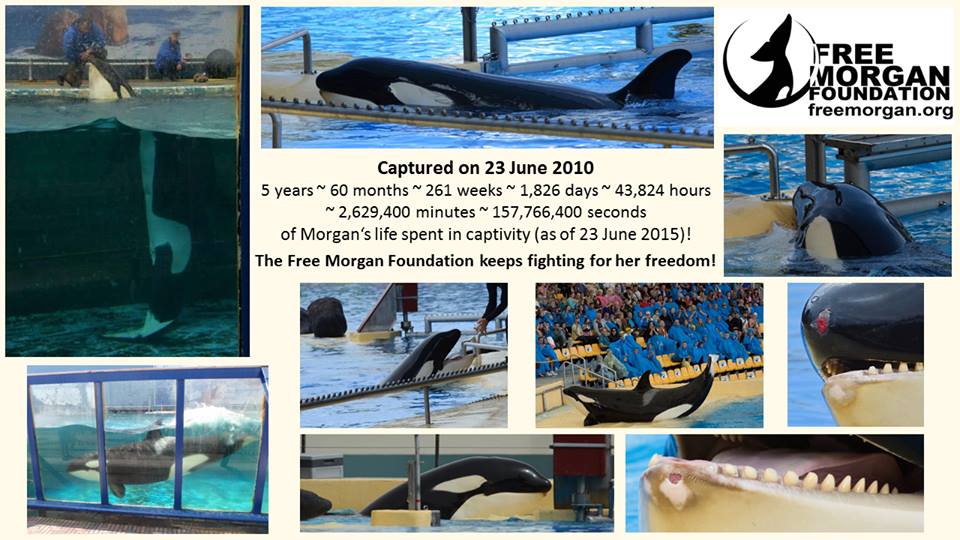
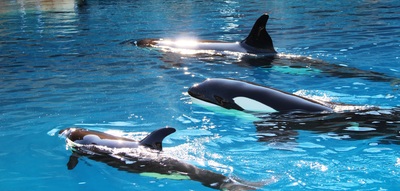
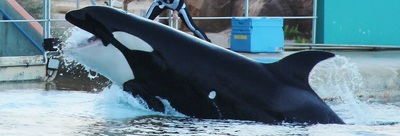
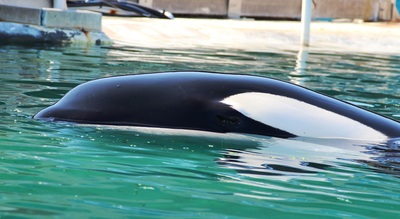
 RSS Feed
RSS Feed
